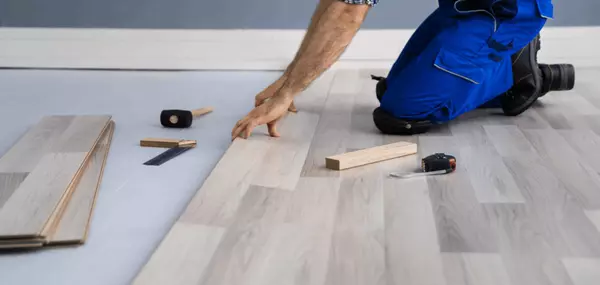
Buying a home is one of life’s most exciting milestones, but it’s also a complex process that can come with pitfalls if you’re not careful. From navigating finances to making informed decisions, being prepared is key to avoiding unnecessary stress and costly mistakes. Here’s a detailed look at the most common mistakes to avoid when buying a home:
1. Not Getting Pre-Approved for a Mortgage
One of the biggest mistakes buyers make is starting their home search without first getting pre-approved for a mortgage. A pre-approval shows sellers that you’re serious and financially capable of purchasing a home. It also helps you determine your budget, so you don’t waste time looking at homes you can’t afford. Without pre-approval, you risk losing out on your dream home to a buyer who’s already been vetted by a lender. Pre-approval isn’t just about finding a house—it’s about being ready to act when the perfect one comes along.
2. Overlooking Additional Costs
The cost of homeownership goes far beyond the sale price. Many buyers forget to account for expenses like property taxes, homeowners insurance, utility bills, maintenance, and potential HOA fees. Then there are the upfront costs, such as closing fees, inspections, and moving expenses. Failing to factor in these costs can strain your finances and leave you scrambling to cover unexpected expenses. Always create a detailed budget and include all potential costs to ensure you’re financially prepared.
3. Skipping the Home Inspection
A home inspection is not an optional step—it’s a critical part of the homebuying process. While a house may look perfect on the surface, an inspection can uncover hidden issues such as structural damage, plumbing problems, faulty electrical wiring, or mold. Skipping this step to save money could lead to significant repair costs down the road. Hiring a professional inspector provides peace of mind and gives you the opportunity to negotiate repairs or price adjustments with the seller if issues arise.
4. Letting Emotions Drive Decisions
Buying a home is an emotional process, but letting your heart take over your decision-making can lead to regret. It’s easy to fall in love with a home’s aesthetics while ignoring red flags like a poor location, high maintenance costs, or a price beyond your budget. While it’s important to find a home you love, stay grounded and focus on your long-term goals. A home purchase should align with your financial stability and practical needs, not just your emotional desires.
5. Failing to Research the Neighborhood
The home itself is only part of the equation—you’re also investing in the surrounding community. Many buyers get so caught up in the features of the house that they neglect to research the neighborhood. Consider factors like proximity to work, quality of schools, access to amenities, and crime rates. Even if the home checks all your boxes, a poor location can negatively impact your quality of life and the property’s resale value. Spend time in the neighborhood, talk to locals, and research online to ensure it’s the right fit.
6. Making Big Purchases Before Closing
Your financial picture needs to remain stable between the time you apply for a mortgage and the closing date. Making large purchases, such as buying furniture, a car, or opening new lines of credit, can affect your debt-to-income ratio or lower your credit score. These changes can jeopardize your loan approval, even if you were initially pre-approved. To avoid this, hold off on any major purchases or financial decisions until after the closing process is complete and you have the keys to your new home.
7. Not Working with a Realtor
Some buyers think they can save money by navigating the homebuying process on their own, but this often leads to costly mistakes. Realtors bring expertise, market knowledge, and negotiation skills to the table, making the process smoother and more efficient. They help you find homes that meet your needs, guide you through inspections and paperwork, and advocate for your best interests. Without a realtor, you risk overpaying for a home, missing out on key opportunities, or getting overwhelmed by the complexity of the transaction.
Final Thoughts
Buying a home is an exciting journey, but preparation and knowledge are essential to avoiding common pitfalls. By staying informed and working with the right professionals, you can ensure a smooth and successful experience. Ready to start your homebuying journey? Reach out to a trusted realtor today to guide you every step of the way!
Want to sell or Buy a House?
Don't hesitate to contact Me!

908-377-4240 julie@juliesrealtygroup.com
or
Visit my Social media













